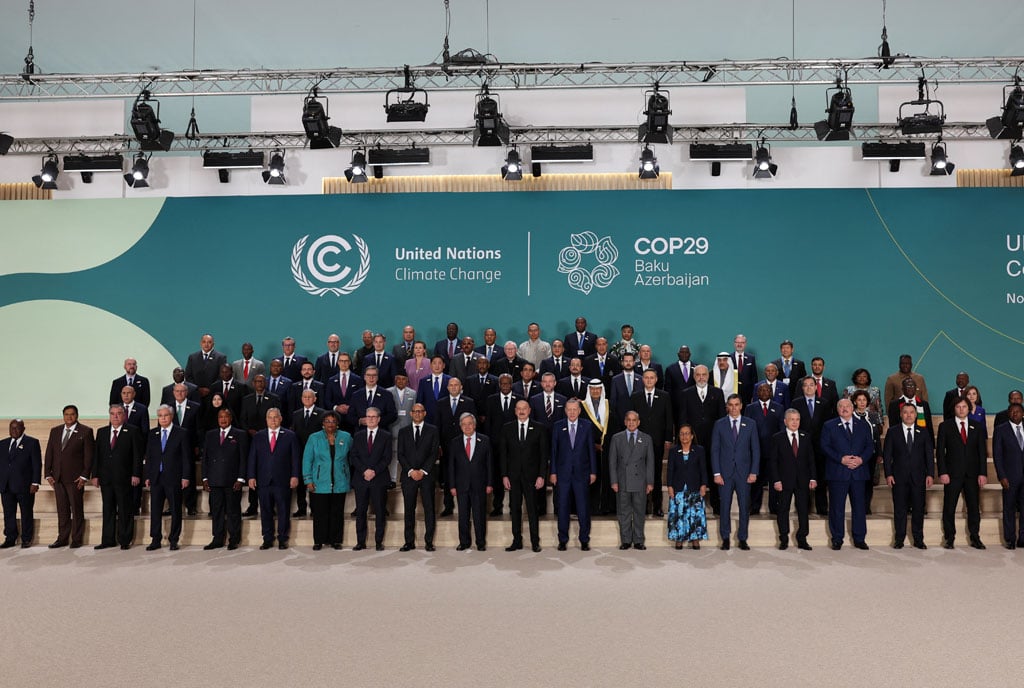Prime
Debt in Uganda’s power sector must enhance, not undercut development

Julius Kapwepwe
Soon after being sworn as the President of the Republic of Uganda, again, Yoweri Museveni Kaguta, at Entebbe State House on June 23, 2016, committed to clean away encumbrances that still stood in the way of economic development and transformation for Uganda, and Africa at large.
The commitment was what the President called, “Strategic Guidelines and Directives for the Term 2016-2021”.
General infrastructural interventions remained key, including electricity generation, distribution and usage for services, production and others. Broadly, the interventions were to enhance the implementation of a) National Development Plan, b) the UN Sustainable Development Goals (eg Goal 7 on affordable and clean energy).
Without a doubt, key state institutions in Uganda such as Rural Electrification Agency (REA) and other partners like Umeme, Eskom, Bujagali hydro power public-private sector co-financed project, solar power plants in Soroti and Tororo have been central to this electricity generation, distribution and usage call and cause.
Beyond Uganda’s domestic resources, external financing has been used in the country’s electricity generation, distribution and usage. Isimba dam (183MW), Karuma (600MW - construction still on-going), Nalubaale dam (180MW installed), Kiira (240MW installed) and others have well utilised debt resources to offset load-shedding and other ills.
Even so, Uganda anticipates a generating capacity of at least 1,600MW combined output by December 2021. Even much more MW over the medium-term. Electricity distribution in Uganda remains encumbered with a high risk undermining
President Museveni’s pledge to Ugandans. As such, more attention is required in the following areas to improve Uganda’s electricity sub-sector landscape and economic passageway.
For an African Development Bank five-year loan worth $100m (Shs337b) for Uganda Rural Electricity Access project, contracted on November 4, 2015 and set to expire on December 31, 2020, REA allegedly had only absorbed about $34m by June 2019. This is a paltry 4 per cent, with only one and a half years to project end. Are the technocrats snail’s implementation pace undermining the 2016 presidential pledge?
Meanwhile, there was the Chinese Exim Bank loan worth $212m (Shs800b) project for electrification of all sub-counties in Uganda. To date in 2020, not all sub-counties are connected with electricity. The project has suffered allegations of the hitherto approved designs having been cancelled and the contractor instructed to demobilise.
How best can Uganda improve her readiness to deploy loan resources? Again the African Development Bank grant of $8.3m (Shs30b), was to be implemented from December 2015. By June 2019, implementation was registered at $130,000 as absorbed funds. This was merely 1.6 per cent, so for how long can Uganda tolerate low performance?
From the World Bank, a loan worth $135m to REA in December 2015 for Energy for Rural Transformation Project phase three was allegedly lying idle. Yet the loan agreement expires on December 31, 2020. So will Ugandan taxpayers’ debt payback be worth it?
Therefore, since more than 80 per cent of Uganda’s budget resources are dispensed through procurement every financial year, the President must contribute to streamlining the contracting and procurement. Uganda must also address low absorption in some REA donor-funded projects.
The back-end institutions must join hands with all Ugandan actors and clean up Uganda’s electricity sub-sector urgently. The scale of procurement mischief, poor implementation and low absorption, should give way to value for money. Then shall we contribute to the President’s “Strategic Guidelines and Directives for the Term 2016-2021.”
Mr Kapwepwe works with Uganda Debt Network.
[email protected]




